Russia boasts a rich history of higher education, with its universities playing a pivotal role in shaping the country’s scientific, cultural, and technological development. Today, Russian universities offer a diverse range of programs, from traditional academic disciplines to cutting-edge research fields.
The Structure of Higher Education in Russia
The Russian higher education system is comprised of:
- Universities: These institutions offer a wide range of undergraduate and postgraduate programs, including Bachelor’s, Master’s, and PhD degrees.
- Academies: Specialized institutions that focus on specific fields, such as engineering, medicine, or art.
- Institutes: Smaller institutions that offer specific programs, often at the undergraduate level.
Top Russian Universities
Russia is home to several world-renowned universities, including:
- Lomonosov Moscow State University (MSU): One of the oldest and most prestigious universities in Russia, offering a wide range of programs in various fields.
- Moscow Institute of Physics and Technology (MIPT): Renowned for its strong focus on physics, mathematics, and computer science.
- Higher School of Economics (HSE): A leading university in economics, management, and social sciences.
- Saint Petersburg State University: A prestigious institution with a strong focus on the humanities and social sciences.
Key Features of Russian Higher Education
- Rigorous Academic Standards: Russian universities are known for their rigorous academic standards and demanding curricula.
- Strong Emphasis on Research: Many Russian universities are actively engaged in cutting-edge research, particularly in fields like physics, mathematics, and engineering.
- Diverse Program Offerings: Russian universities offer a wide range of programs, catering to diverse interests and career aspirations.
- Internationalization: Russian universities are increasingly internationalizing, attracting foreign students and faculty.
- Affordable Tuition: Compared to many Western countries, tuition fees at Russian universities are relatively affordable.
Challenges and Opportunities
While Russian higher education has made significant strides, it still faces challenges such as:
- Bureaucracy: Complex administrative procedures can sometimes hinder academic progress.
- Infrastructure: Some universities may lack modern facilities and resources.
- Brain Drain: The best and brightest students and faculty may be tempted to seek opportunities abroad.
However, Russia’s rich academic tradition, coupled with government initiatives to modernize the education system, offers significant opportunities for both domestic and international students. By addressing these challenges and capitalizing on its strengths, Russia can continue to be a global leader in higher education.
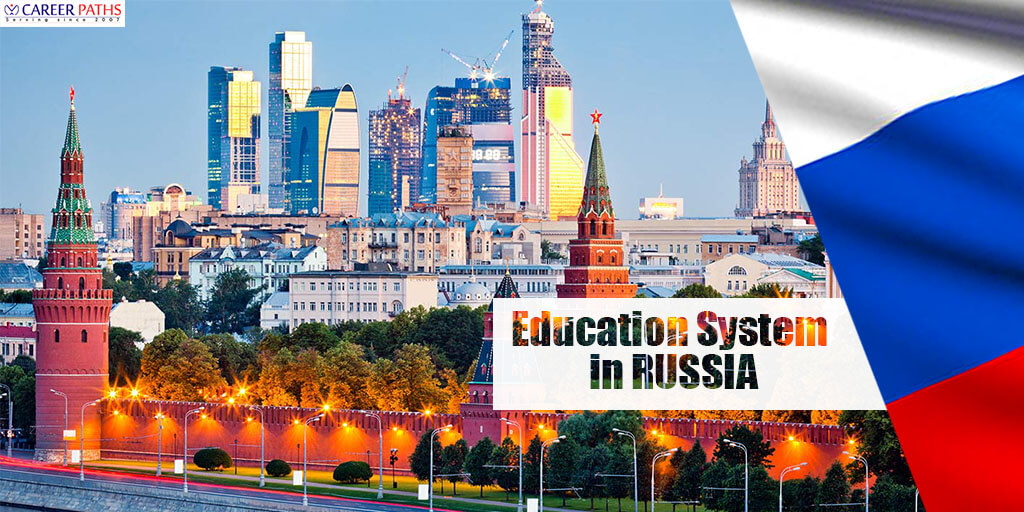
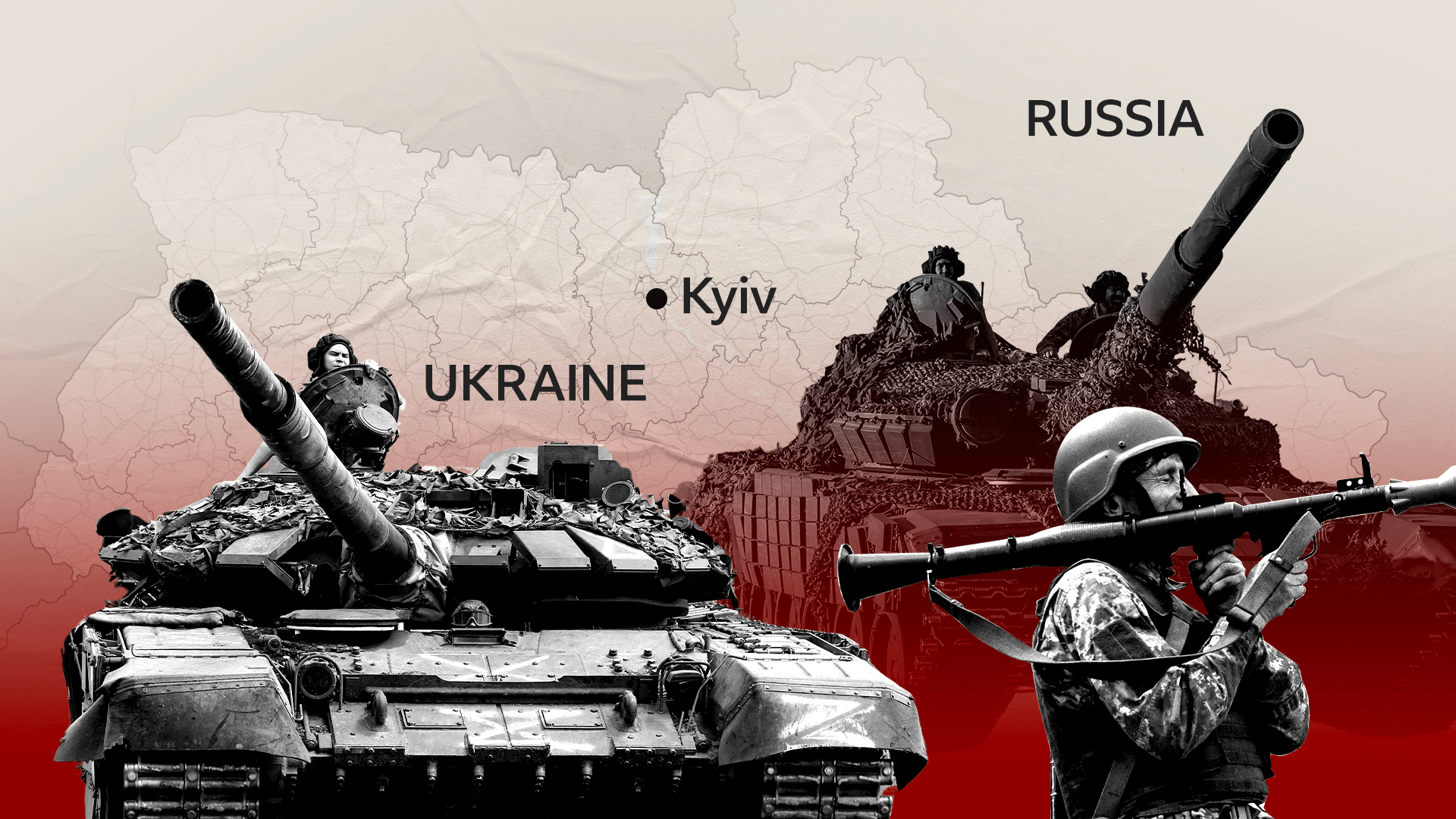
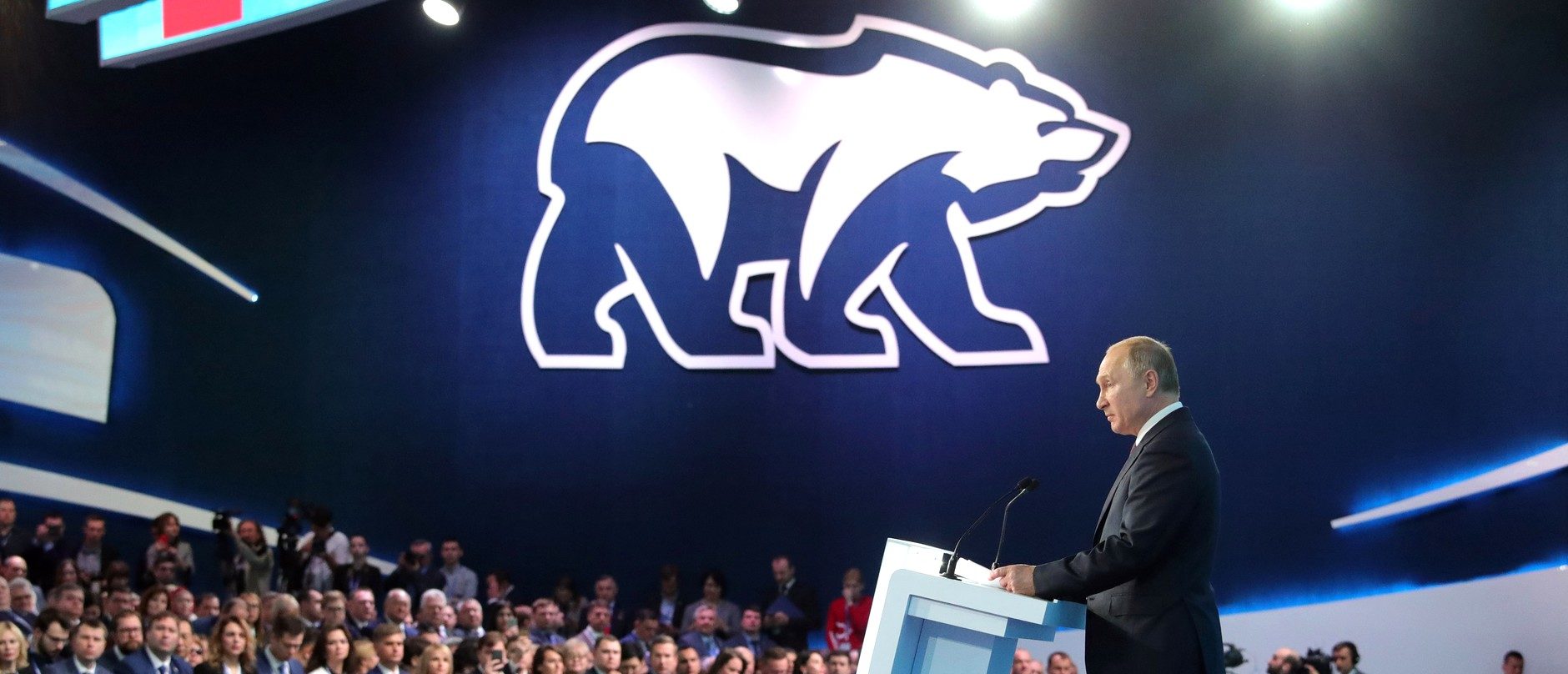
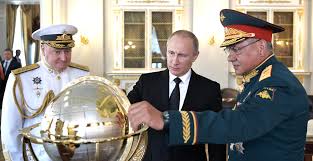

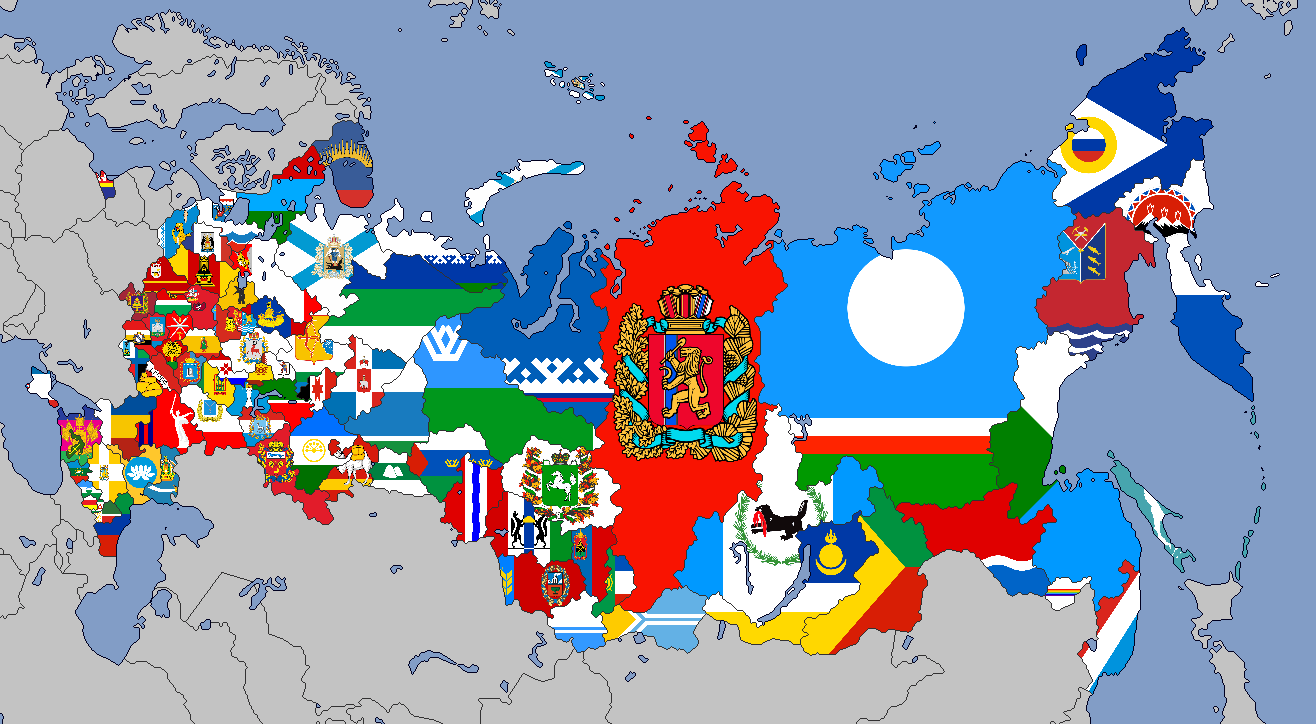
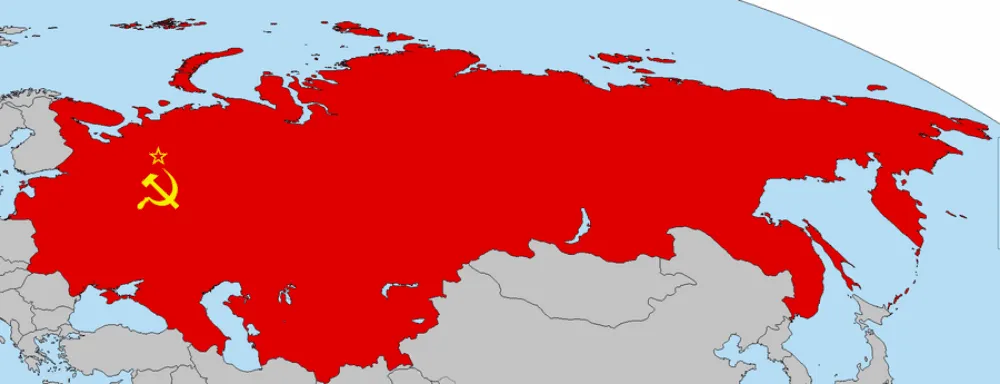
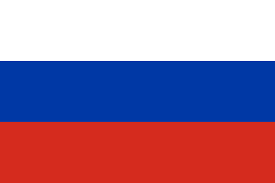
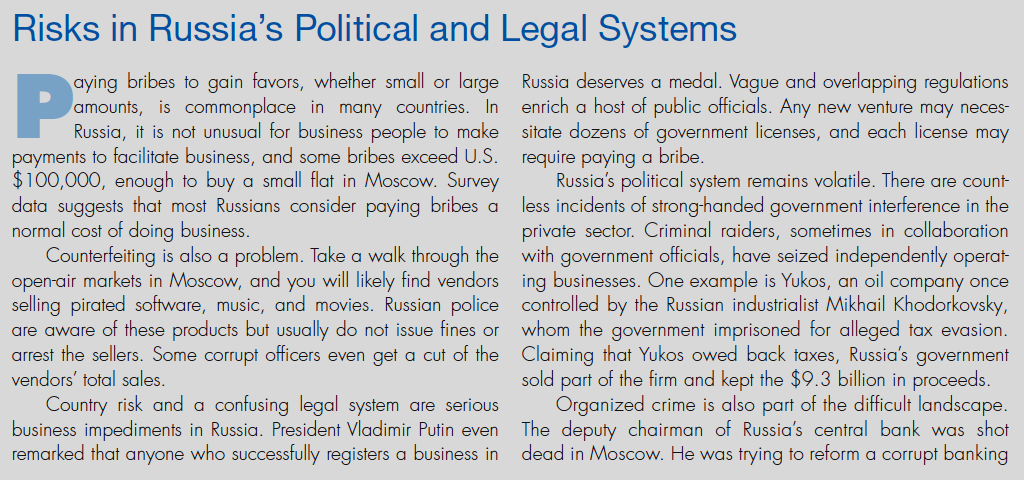
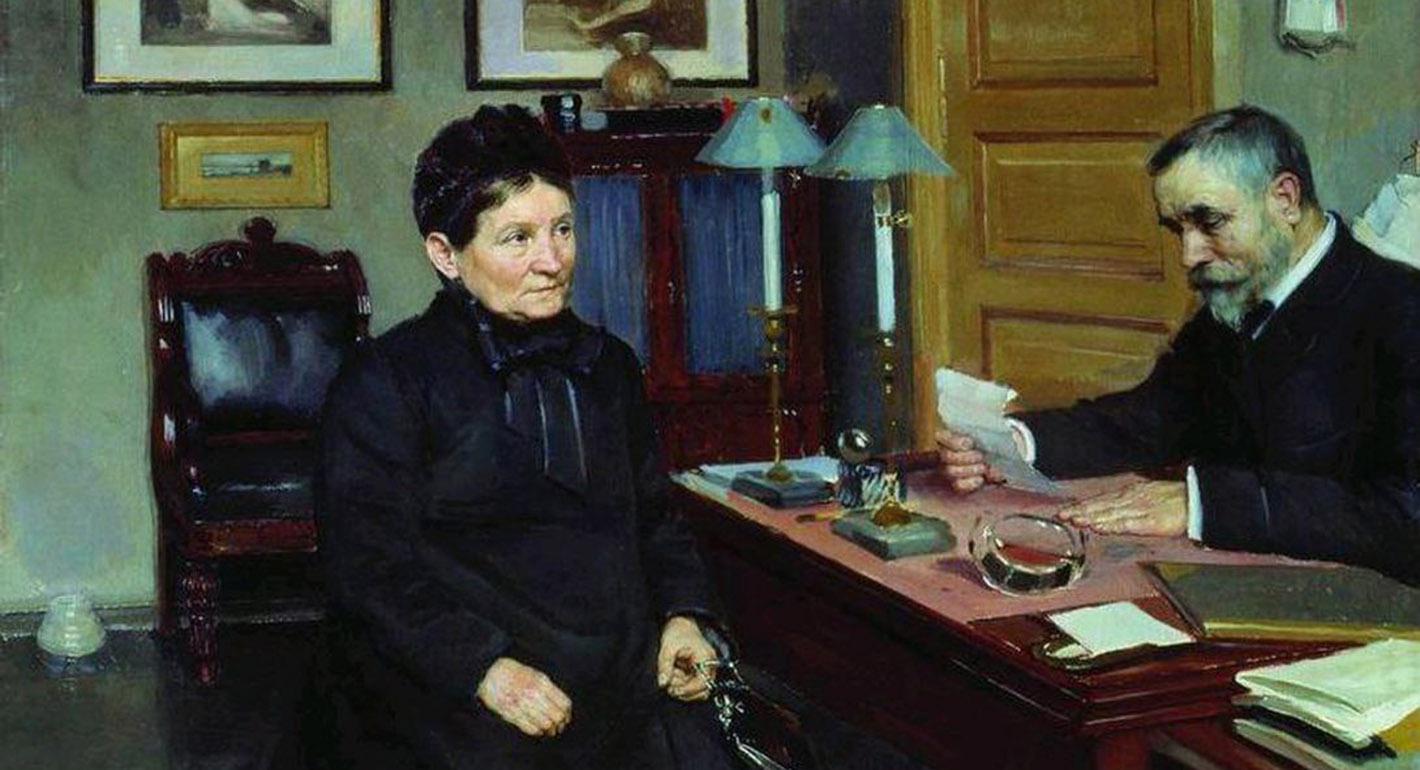
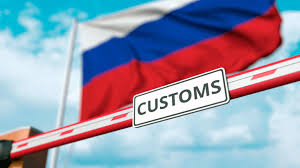
Leave a Reply